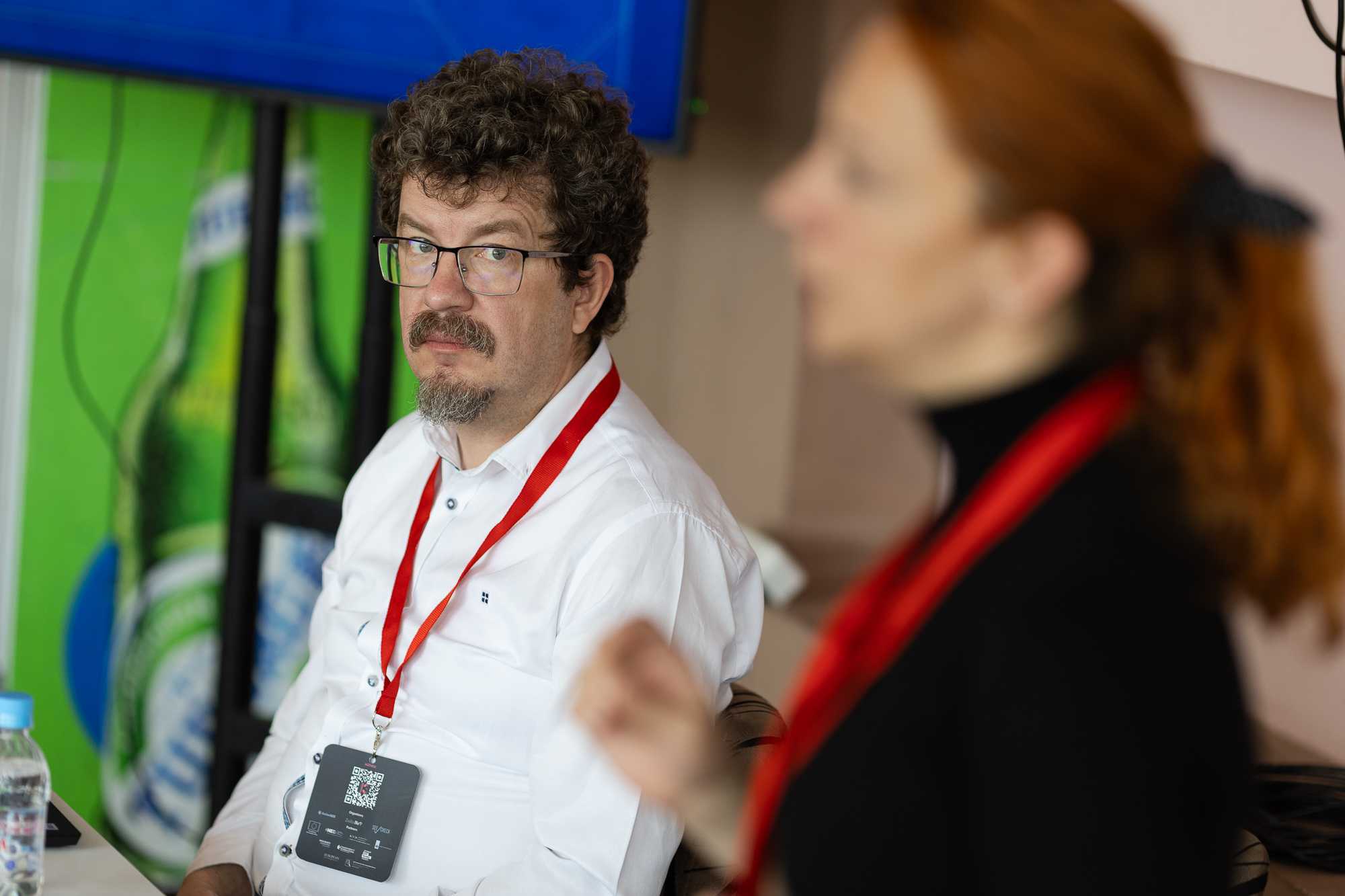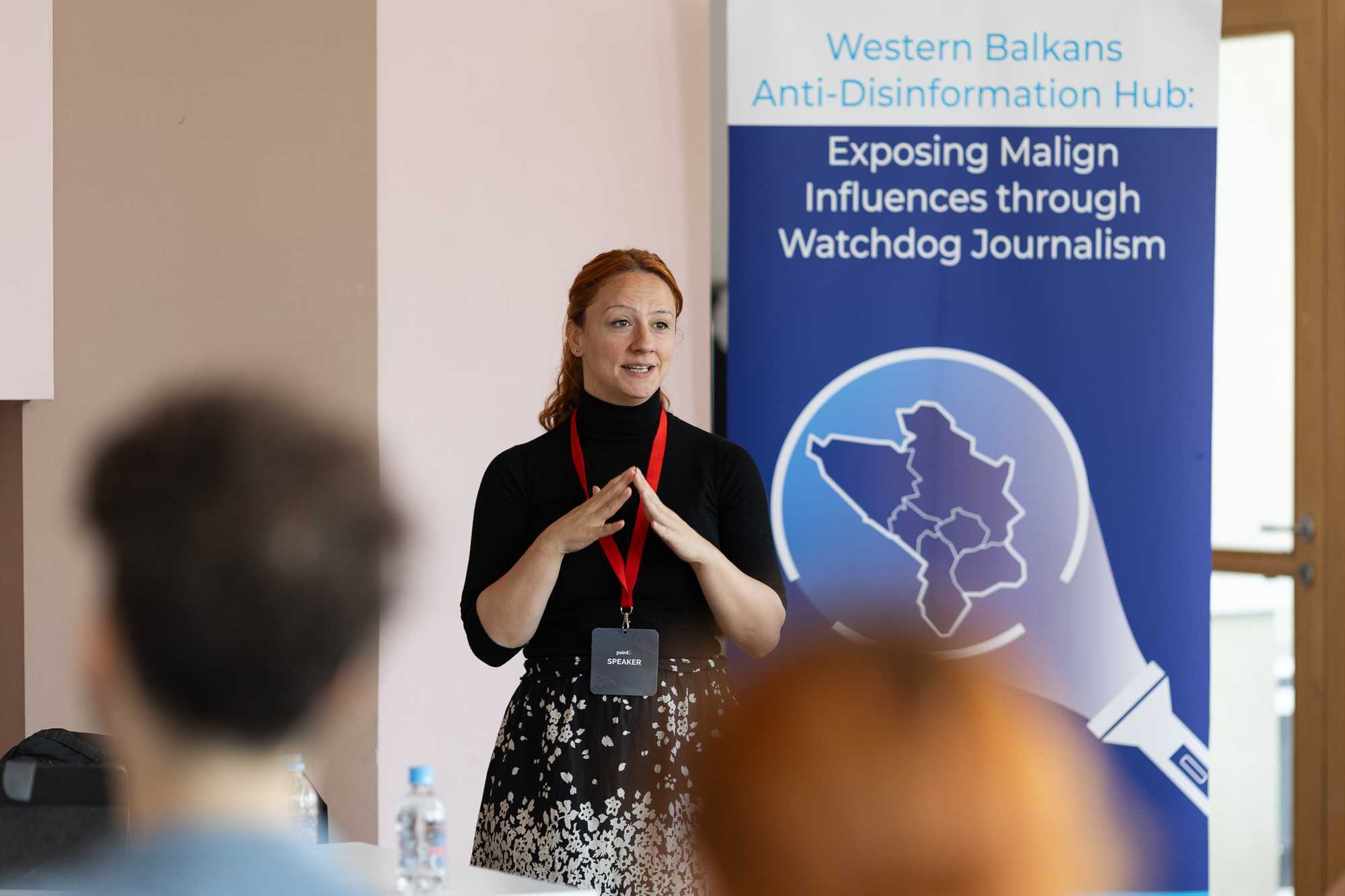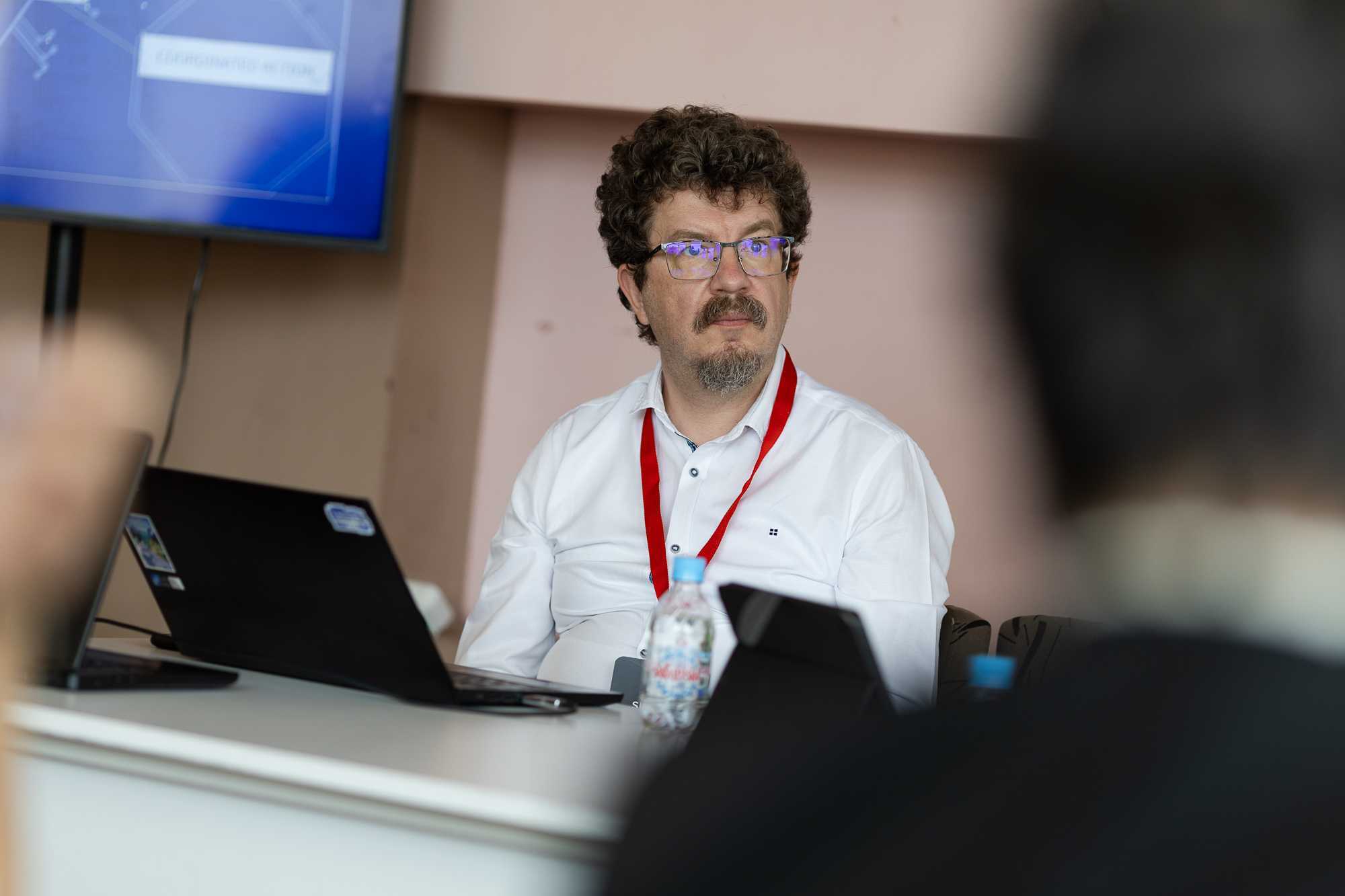How to Advocate for a Whole-of-Society Approach Against Information Threats
In the Western Balkans, where disinformation spreads quickly and trust in institutions remains fragile, a new strategy is emerging to combat information threats that unites the region in coordinated defense. Recent efforts revealed the urgent need for a “whole-of-society” approach to counter the rising tide of AI-driven disinformation and malign influence campaigns permeating the region.

The initiative stems from coordinated efforts among WB6 fact-checkers who recognized the limitations of isolated national responses. Svetlana Siljanoska of Metamorphosis Foundation explained how their research led them to develop this comprehensive framework: “The ‘whole-of-society’ approach helped us answer all the hard questions when it came to decreasing success in combating disinformation.” At its core, this strategy seeks to inform citizens about how they’re being manipulated by various actors, from politicians to digital platforms.
Critical to this approach is establishing joint regional coordination with proportional funding for CSOs dedicated to fighting disinformation.

Siljanoska emphasized the funding challenges: “We need to urge donors to merge budgets,” noting how resources are increasingly diverted to traditional security sectors at the expense of democracy defense initiatives. The strategy prioritizes quality over quantity, focusing investigative efforts on identifying and neutralizing disinformation sources rather than chasing endless fake news items. A regional framework could create more effective platforms for countering adversaries across WB6 countries. “The strategy in the WB6 cannot come from the bottom-up,” Siljanoska stated, highlighting the necessity for top-down institutional cooperation.
She observed that “a scattered approach is not helping us—combined together makes us have a fair chance in the fight.” This becomes particularly crucial given the growing demotivation in Balkan academic and civil society circles when confronting disinformation. The developed document serves as a visionary roadmap, though Siljanoska noted persistent challenges: “When NGOs fail to find institutions willing to cooperate, the international ones don’t either.”

The AI era has exponentially increased disinformation production, creating new challenges for CSOs. Filip Stojanovski of Metamorphosis Foundation stressed that “the only safe approach to combat this is regulation done by institutions and digital platforms.” He connected this to broader geopolitical aspirations: “That’s why we strive for EU integration,” noting how both EU and NATO member states generally support stronger regulations. Success hinges on understanding, “we need to understand citizens to know how we can reach them,” as Siljanoska put it, while acknowledging institutional reluctance remains a significant barrier.
Stojanovski revealed an important intersection between disinformation networks and criminal activity: “What we see is a big overlap between criminal groups online and hotspots that produce disinformation.” He proposed that consistent enforcement of existing hate speech laws could significantly reduce disinformation spread over time. Ultimately, rebuilding trust between organizations and citizens forms the foundation for any successful counter-disinformation strategy, which in turn enables government institutions to mount more effective responses.
Author: Ivana Vučetić